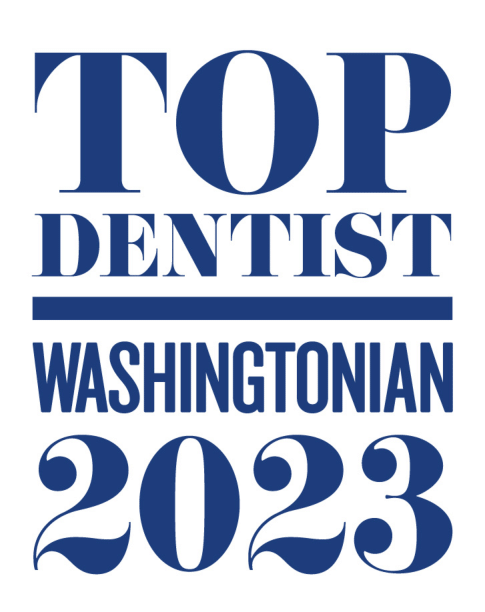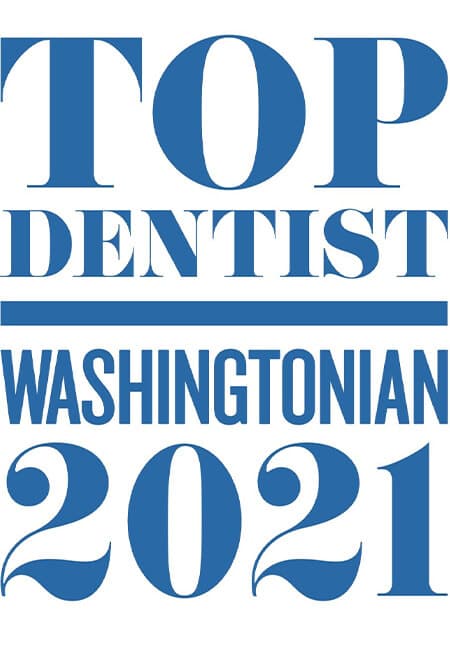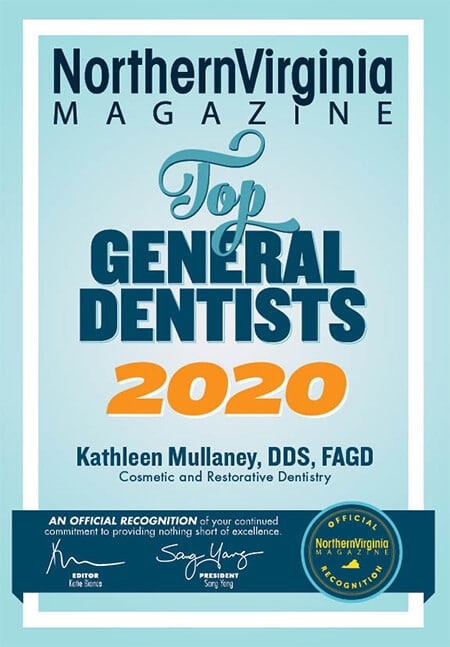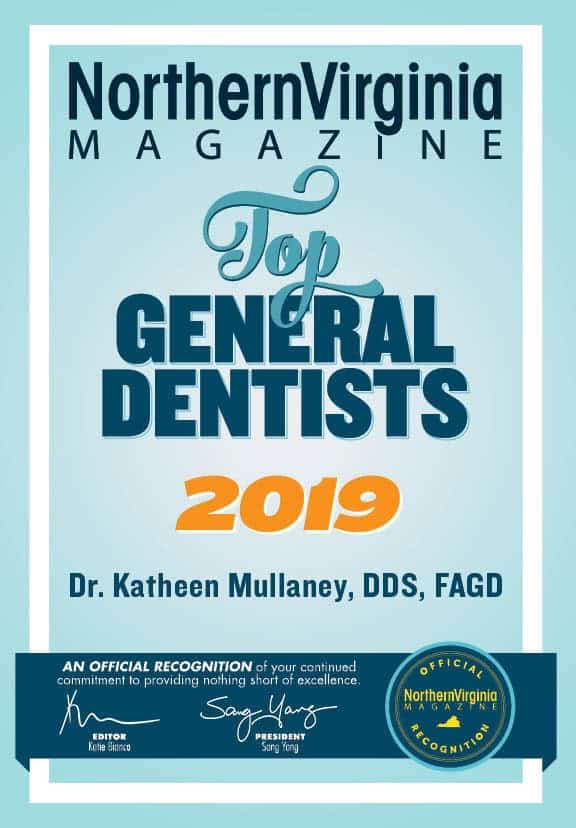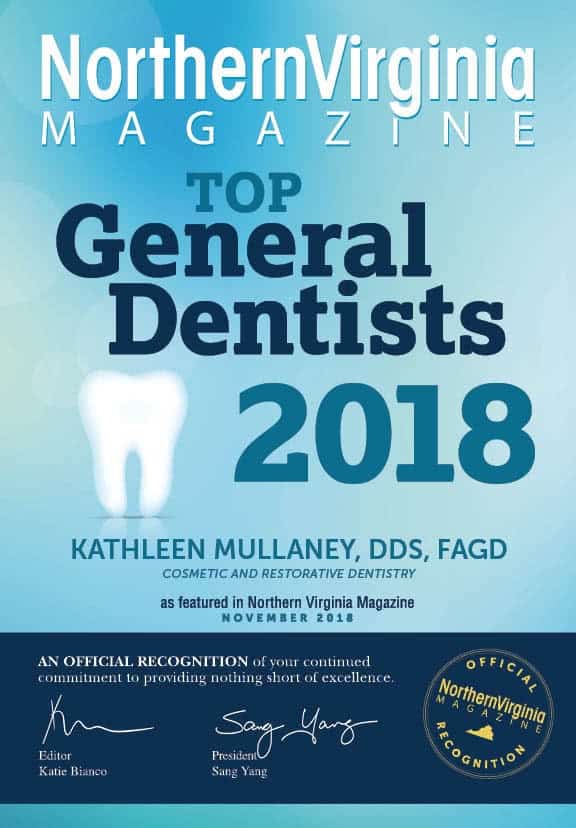Why Are My Gums Bleeding?
Are you experiencing bleeding gums when you brush or floss your teeth? While it may seem common, regular gum bleeding could indicate an underlying issue — don’t ignore it!
Here’s why your gums may be bleeding and what you can do to prevent it.
7 Causes of Bleeding Gums
- Poor Oral Hygiene
- Incorrect Brushing Technique
- Gingivitis and Periodontal Disease
- Hormonal Changes
- Medications
- Ill-Fitting Dental Appliances
- Underlying Health Conditions
One of the primary causes of gum bleeding is inadequate dental hygiene. When plaque accumulates along the gum line, it can lead to inflammation and bleeding gums. Not removing this plaque with regular brushing and flossing can result in gingivitis, a mild form of gum disease.
Brushing too hard or using a toothbrush with stiff bristles can irritate your gums and lead to bleeding. Instead, use a soft-bristled toothbrush and apply gentle pressure while brushing.
Gingivitis is an early stage of gum disease characterized by inflamed and bleeding gums. If left untreated, gingivitis can progress to periodontal disease, a more severe condition that affects the tissues and bone surrounding your teeth. Both require professional treatment to prevent further damage.
Hormonal changes, such as those that occur during pregnancy, can increase the risk of gum bleeding. Pregnancy gingivitis is a common condition that affects many expectant mothers. The hormonal fluctuations during pregnancy can make the gums more sensitive and prone to inflammation and bleeding.
Certain medications, such as blood thinners, can prevent normal blood clotting. This can make your gums more susceptible to bleeding. If you take any medications, it’s important to inform your dentist — they can provide guidance on managing your oral health.
Poorly fitting dentures or dental restorations can cause irritation and inflammation in the gums, causing bleeding. Regular dental check-ups can help ensure your dental appliances fit properly and aren’t causing any harm.
Gum bleeding can sometimes be a symptom of underlying health conditions, such as diabetes or blood clotting disorders like hemophilia.
A lack of essential nutrients like Vitamin C can weaken your gum tissues and lead to bleeding. Incorporating a balanced diet rich in fruits, vegetables, and other nutrient-dense foods can help improve your gum health.
Tips to Stop Gum Bleeding
If you’re experiencing gum bleeding, there are several measures you can take to help stop it, including:
- Practice proper dental hygiene – Brush your teeth at least twice daily using a soft-bristled toothbrush for two minutes. Our Alexandria dental office recommends an electric toothbrush over a manual one. Make sure to clean all surfaces of your teeth, including the gum line. Additionally, floss daily to remove plaque and food particles between your teeth.
- Avoid tobacco and smoking – Smoking and vaping are detrimental to your oral health and can contribute to gum disease and bleeding gums. Quitting not only improves your gum health but also reduces the risk of various other health complications.
- Manage stress levels – Stress can weaken your immune system and make you more susceptible to gum infections and inflammation. Find healthy ways to manage stress, such as practicing relaxation techniques, engaging in physical activity, or seeking support from friends and family.
- Visit your dentist regularly – Your dentist can detect early signs of gum disease or other dental issues and provide appropriate treatment. Professional dental cleaning help remove plaque and tartar buildup, reducing the risk of gum bleeding.
When to Seek Professional Help for Bleeding Gums
While minor gum bleeding can usually be resolved with improved oral hygiene practices, there are instances when professional intervention is necessary. You should seek dental care if:
- Your gum bleeding persists for more than a week
- Your gums are severely swollen, painful, or receding
- You notice pus or discharge from your gums
- Your gums bleed excessively with gentle brushing and flossing
- You have other symptoms, such as loose teeth or persistent bad breath
Dr. Mullaney will conduct a thorough exam to determine the underlying cause of your gum bleeding and recommend appropriate treatment.
Contact Our Alexandria Dentist Today!
Whether you’re concerned about your gum health or need professional dental care, visit Dr. Kathleen Mullaney, DDS, for expert guidance and personalized treatment options. Don’t wait — call 240-532-3335 or contact us to schedule your appointment today!
Author Bio: Dr. Kathleen Mullaney offers general and cosmetic dentistry services in Alexandria, VA. She earned her doctorate in dental surgery from the Medical College of Virginia (MCV) and proudly served as a United States Navy dentist before opening her practice. With over 25 years of experience, Dr. Mullaney is delighted to be one of Old Town’s most respected and sought-after dentists! Call 240-532-3335 to schedule an appointment.

